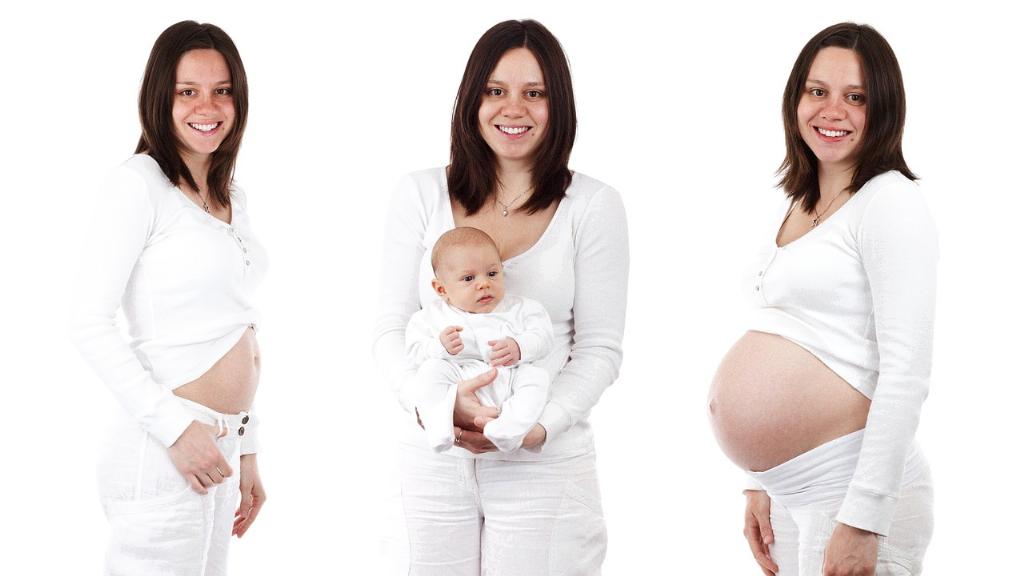Many women wonder about the various signs that could indicate early pregnancy, one of which is the presence of dry mouth and increased thirst. It’s essential to recognize that every woman’s body reacts uniquely to pregnancy, and while some may experience dry mouth and heightened thirst as early signs, others may not.
Causes of Dry Mouth: Dry mouth, also known as xerostomia, can occur during early pregnancy due to hormonal fluctuations. The surge in hormones such as estrogen and progesterone can lead to changes in saliva production, resulting in the sensation of a dry mouth.
Thirst as a Symptom: Increased thirst, often accompanied by dry mouth, is a natural response of the body to dehydration. Pregnant women may find themselves feeling thirstier as their blood volume increases to support the developing fetus, leading to the need for more fluids.
Dehydration Risk: It’s crucial for pregnant women to stay adequately hydrated to prevent dehydration, which can exacerbate symptoms of dry mouth and thirst. Dehydration during pregnancy can pose risks to both the mother and the baby, underscoring the importance of maintaining proper fluid intake.
Normal Pregnancy Changes: While dry mouth and increased thirst can be common in early pregnancy, they are often considered normal symptoms. However, if these symptoms persist or are accompanied by other concerning signs, it’s advisable to consult with a healthcare provider for further evaluation.
Managing Dry Mouth: To alleviate dry mouth during pregnancy, women can try taking small sips of water throughout the day, chewing sugar-free gum to stimulate saliva production, and avoiding caffeine and tobacco products that can contribute to dryness.
Role of Nutrition: A well-balanced diet rich in fruits and vegetables can also help combat dry mouth and ensure adequate hydration. Foods with high water content, such as watermelon and cucumber, can assist in maintaining hydration levels.
Consulting a Healthcare Provider: If dry mouth and thirst become persistent or severe, it’s advisable to seek guidance from a healthcare provider. They can assess the symptoms, rule out any underlying conditions, and provide tailored recommendations for managing these concerns.
Signs of Concern: While dry mouth and thirst can be common in pregnancy, certain signs may indicate a more serious issue. If you experience symptoms such as extreme thirst, dizziness, or dark urine, it’s essential to seek medical attention promptly.
Importance of Self-Care: Engaging in self-care practices such as staying hydrated, getting adequate rest, and managing stress can contribute to overall well-being during pregnancy. These practices not only benefit the mother but also support the healthy development of the baby.
Final Thoughts: In conclusion, while dry mouth and thirst can be potential signs of early pregnancy, they are often normal responses to the physiological changes taking place in the body. By staying mindful of hydration, seeking medical advice when needed, and prioritizing self-care, women can navigate these symptoms effectively during this transformative phase.

